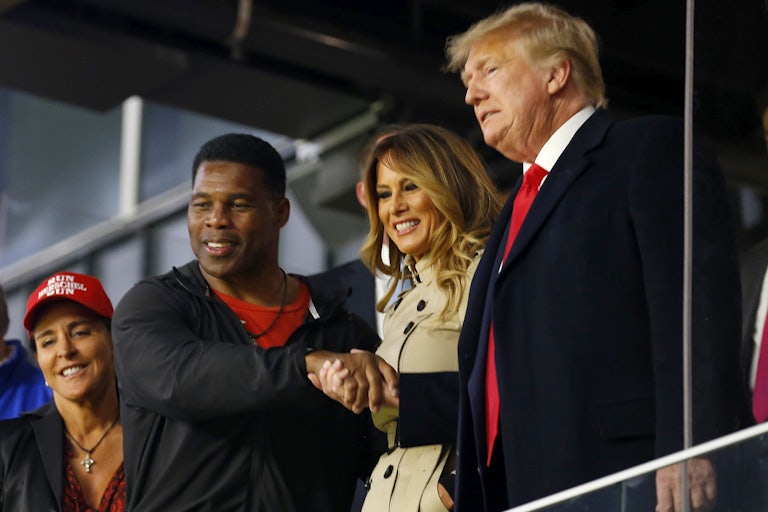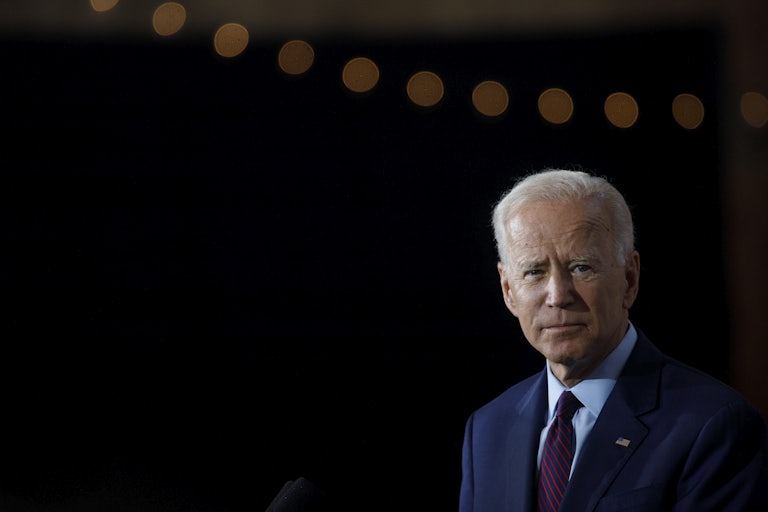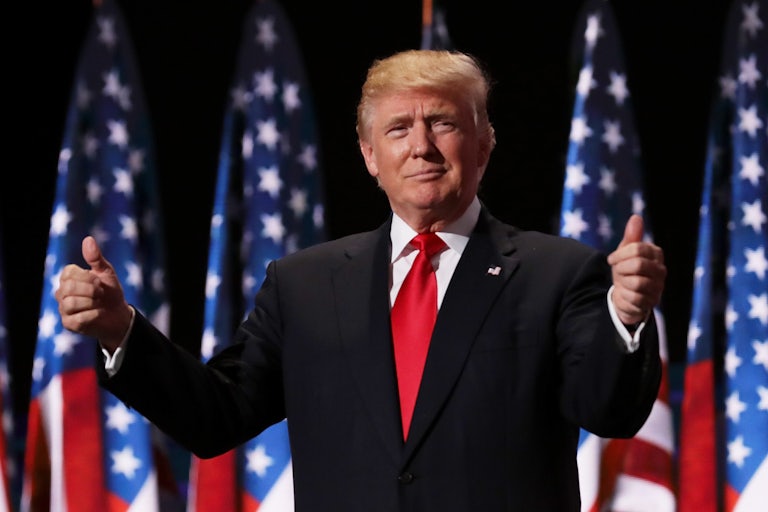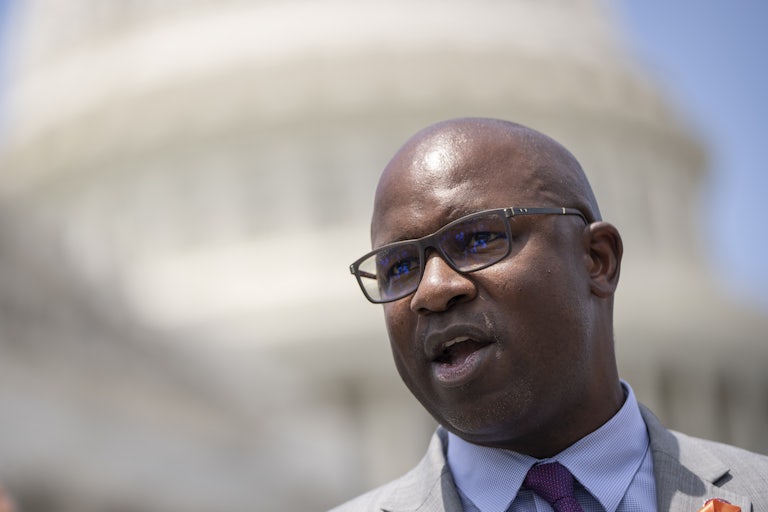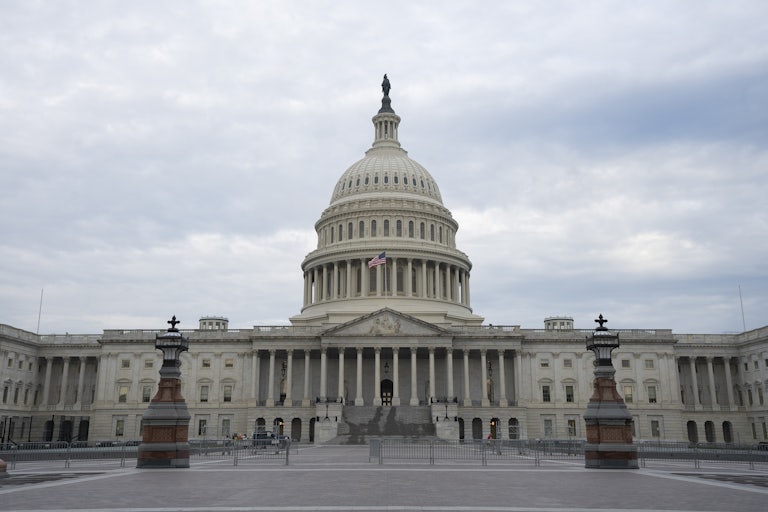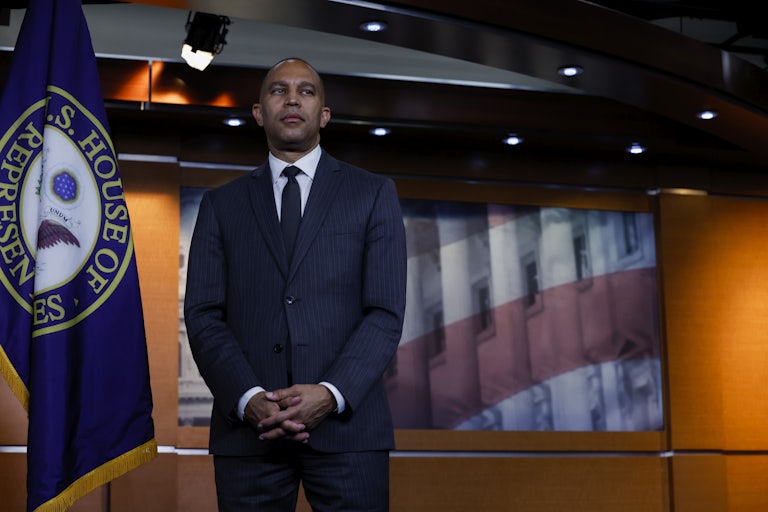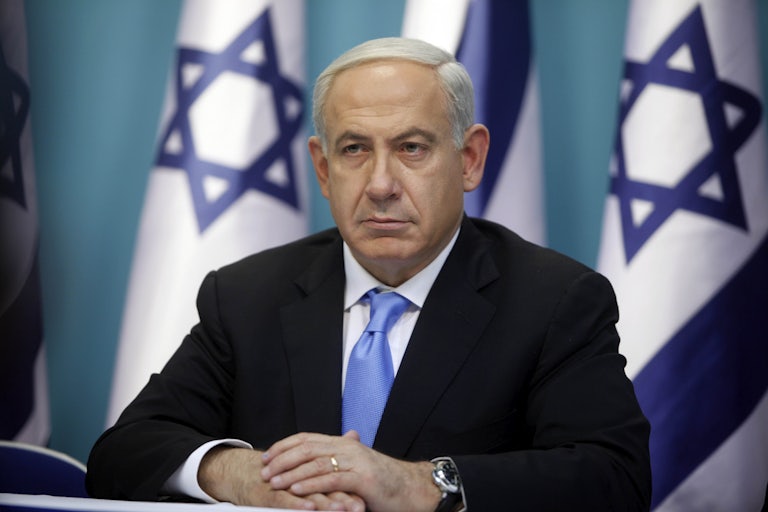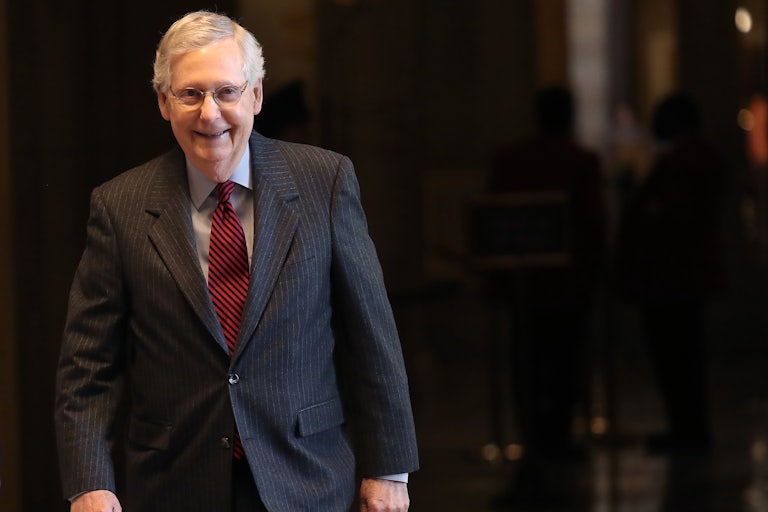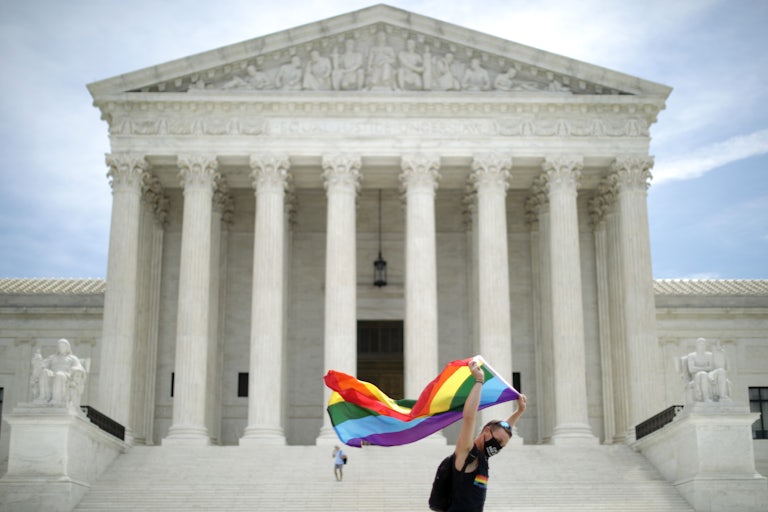Sam Bankman-Fried’s Media Tour to Explain How Everything Is Just a Mistake
The FTX founder and former CEO says that he’s as shocked as everyone else.
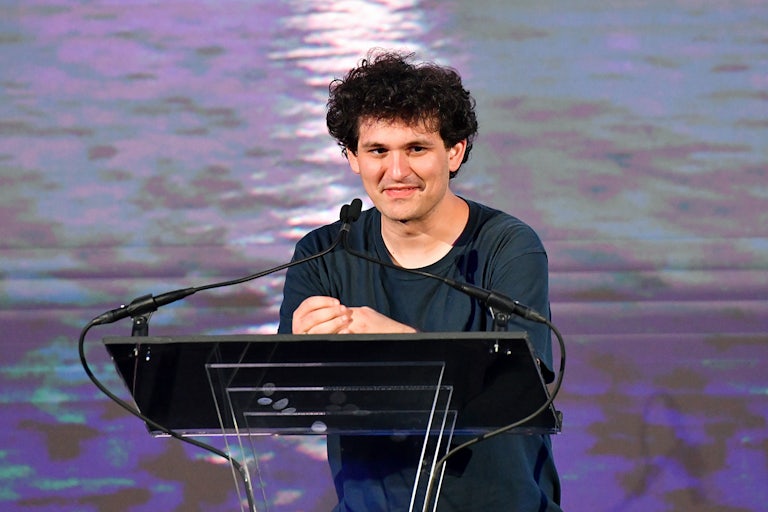
Sam Bankman-Fried “didn’t try to commit fraud” and is “shocked” at how his gargantuan crypto empire collapsed and left customers down $8 billion.
On Wednesday, the FTX founder and former CEO spoke in a virtual interview at The New York Times’ Dealbook Summit, an event featuring speakers including Blackrock chairman and CEO Larry Fink, former Vice President Mike Pence, Israeli Prime Minister-designate Benjamin Netanyahu, and Mark Zuckerberg.
From the Bahamas, Bankman-Fried attempted to paint himself as both responsible for the billions of missing customer dollars and remorseful and unimpeachable regarding those losses. “I was CEO of FTX … I had a responsibility,” he said. When asked whether FTX inappropriately loaned customer funds to Alameda Research, a crypto trading firm he co-founded, he said he “didn’t knowingly commingle funds.”
Bankman-Fried claimed to have distanced himself from Alameda, which was why he apparently didn’t understand the circumstances of the company. But Bankman-Fried lived with Alameda employees, including its CEO, his ex-girlfriend.
Bankman-Fried secretly used $10 billion in customer funds from FTX to prop up Alameda. At least $1.5 billion of that money is missing. Now, after FTX’s collapse and bankruptcy filing, more than a million customers are owed roughly $8 billion—an amount that FTX and its affiliates don’t have.
“I’ve had a bad month …” Bankman-Fried said at the summit, prompting laughter from the audience of people who paid $2,499 to attend. “But that’s not what matters here. What matters here is the millions of customers, what matters here is the stakeholders in FTX. And what matters is trying to help them out.” Even in times of crisis, Bankman-Fried is ever the effective altruist.
Bankman-Fried’s appearance on Wednesday comes during a broader media tour. Thursday morning, he appeared in an interview with ABC News’ George Stephanopouols. He was also able to negotiate an embargoed interview with New York magazine, in which he echoed similar sentiments of remorse and “concern” for customers, while refusing to answer basic questions on his culpability or knowledge of customer funds being used to prop up Alameda.
Bankman-Fried has tried and will continue to try to present as someone who got caught up in the tribulations of being in charge of so much but apparently, at the same time, nothing at all. He ought not get away with it.
